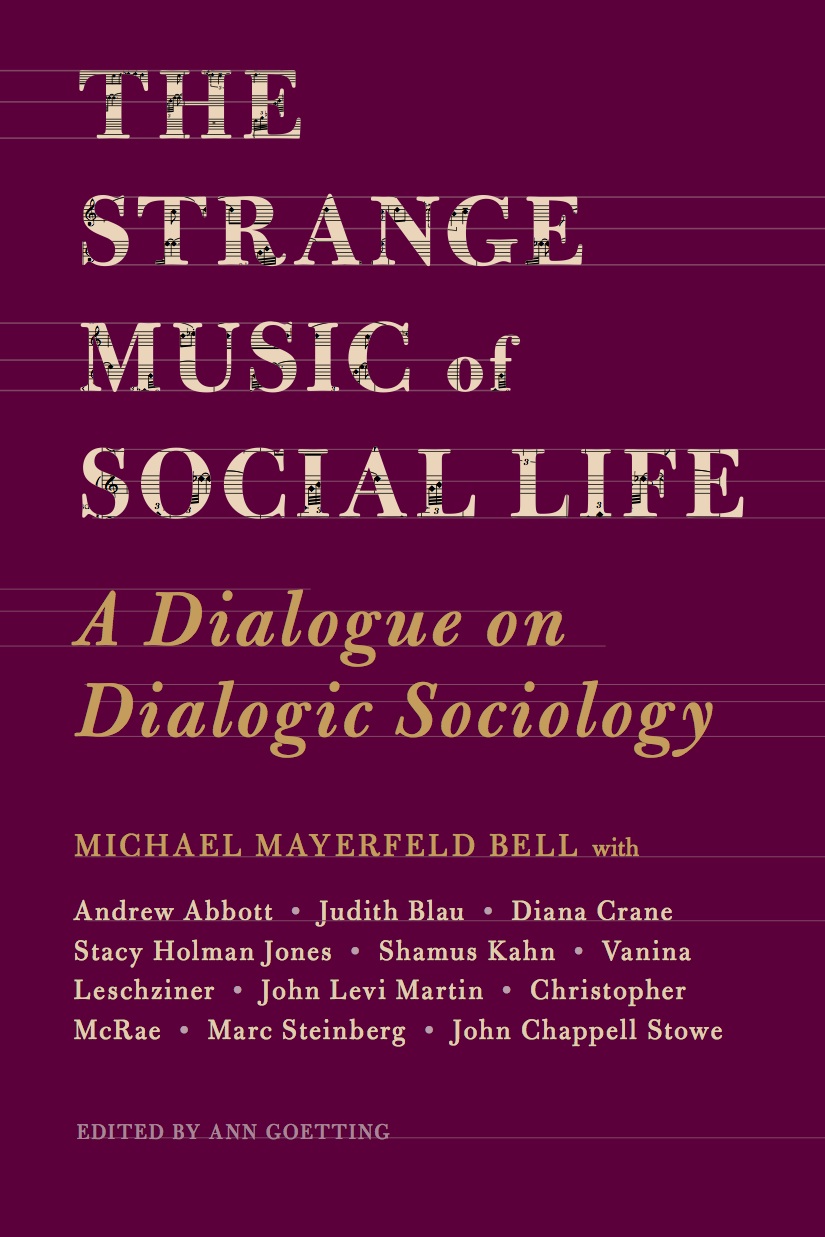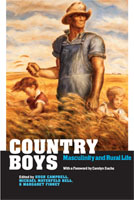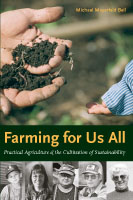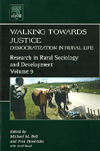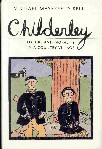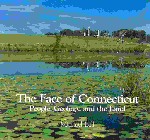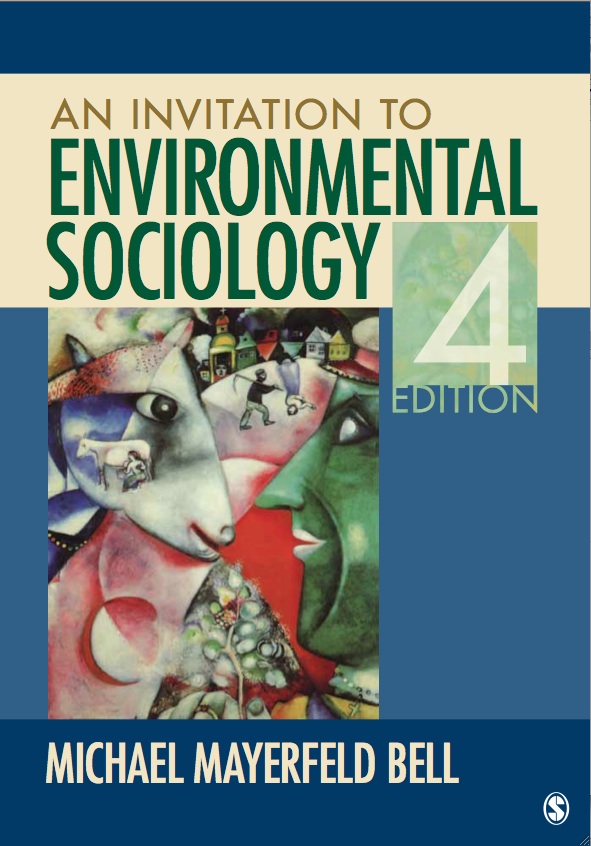
An Invitation to Environmental Sociology (4th edition, 2012, Pine Forge Press [Sage], with Michael S. Carolan; 3rd edition, 2009; 2nd edition, 2004; 1st edition, 1998)
Publisher's blurb: "Michael Bell manages to cover the tremendous variousness of topics in environmental sociology while at the same time investing his treatment with a personal passion rarely seen in sociological texts. An Invitation to Environmental Sociology is more than an invitation; it is a seduction. Readers will be challenged by the complexity of environmental puzzles Bell poses, informed and therefore intellectually enabled to make their own private and public choices, and inspired to care about the social footprints on the planet."
"An outstanding and engaging introduction to the field of environmental sociology for a wide variety of students in a range of disciplines....I highly recommend this book."—Teaching Sociology
"This was the first textbook I have ever encountered that I can actually call a 'pageturner.' I have recommended it to friends as leisure reading! Thank you for a fabulous text and a real insight into environmental sociology." —An undergraduate reader from the University of Nebraska
"I love your book. It is one of the most fascinating I have ever read (certainly the most riveting textbook). The ideas you present are so on key....I just wanted to let you know how incredible your book is. Thank you for writing it." —An undergraduate reader from the University of Massachusetts-Boston
Read a preview HERE.
An Invitation to Environmental Sociology is now available in Chinese, in a translation published by Peking University Press.
